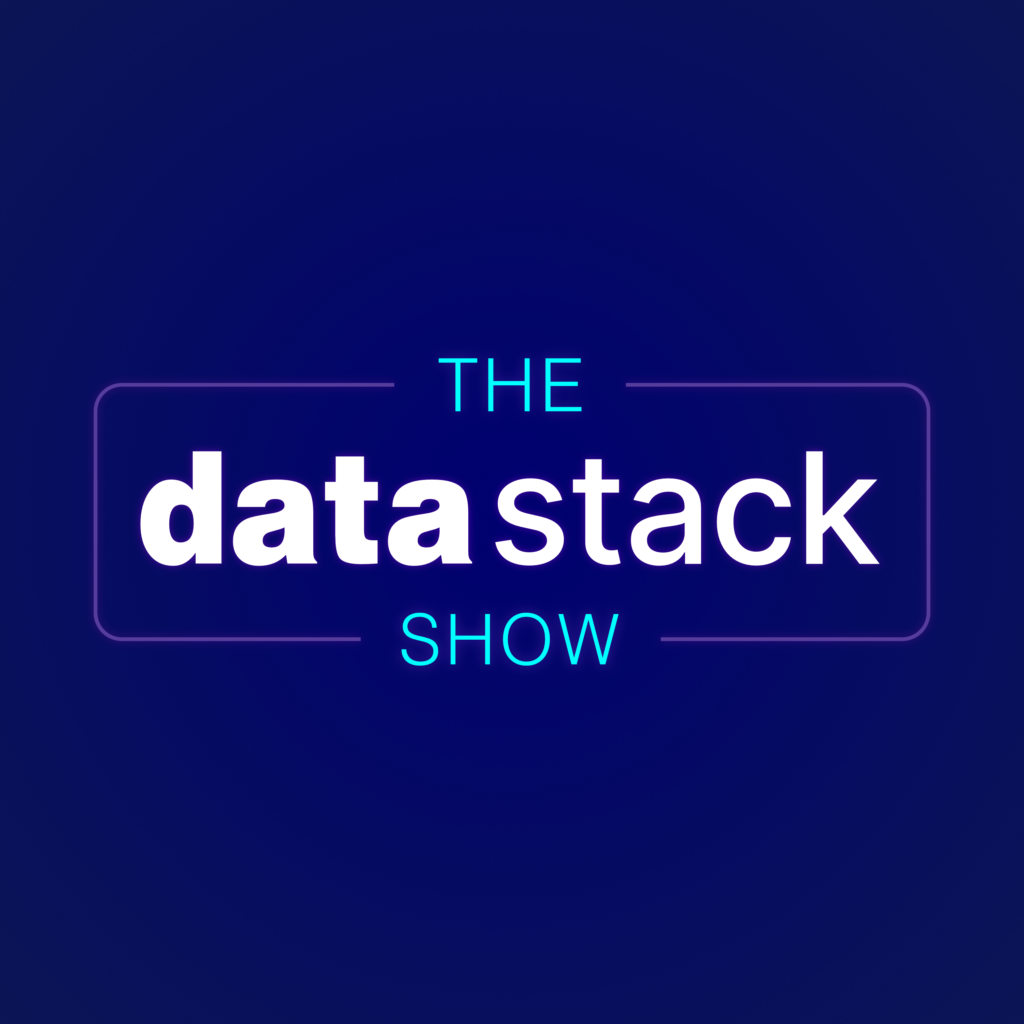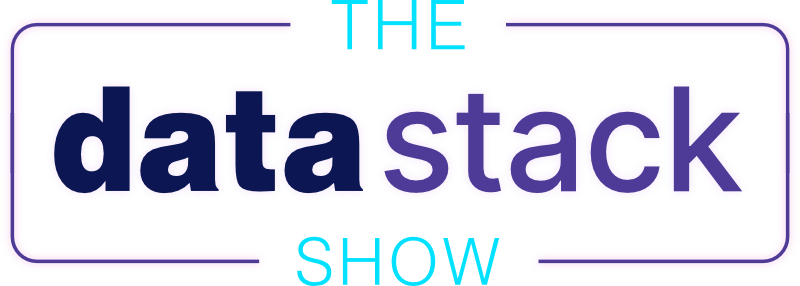
In this bonus episode, Eric and Kostas preview their upcoming conversation with Andy Pavlo and Dana Van Aken of OtterTune.
The Data Stack Show is a weekly podcast powered by RudderStack, the CDP for developers. Each week we’ll talk to data engineers, analysts, and data scientists about their experience around building and maintaining data infrastructure, delivering data and data products, and driving better outcomes across their businesses with data.
RudderStack helps businesses make the most out of their customer data while ensuring data privacy and security. To learn more about RudderStack visit rudderstack.co
Eric Dodds 00:05
Welcome to The Data Stack Show prequel where we replay a snippet from the show we just recorded. Costas. Are you ready to give people a sneak peek? Let’s do it. Let’s do it. What a fascinating conversation with Andy Pavlo and Dana Van Aken of OtterTune, Kostas, where do I begin? I mean, of course, maybe the best part of the show was hearing about the name OtterTune, and the influence of the Wu-Tang Clan on their brand. So I think listeners are gonna love the show, just for that, obviously. But it was also really interesting for me to learn about tuning. And, you know, the complexity of tuning and the skill of tuning, I thought was a really interesting conversation and really informed why something like OtterTune is so powerful, because it can take so many more things into consideration than, you know, a human changing one knob, and then you know, waiting to see the result on the entire system.
Kostas Pardalis 01:17
Yeah, hello, proceed, I think like we, okay. Learn with tone, like through the conversation with the few things I like, I want to keep from the conversation is, like hearing from them, like, like, how that’s like the tuning problem. It’s not just, let’s say an algorithmic problem, like the algorithm used, like to do the machine learning or whatever it’s like bouncing, but it’s equally like an observability problem. And maybe it’s even harder like to actually figure out like, how to obtain the data that you need, how to collect this data, like from like database systems, making sure that like the right data, and like all these parts, which I think is like, super interesting, and how much of like a having the technology, again, it’s like one thing, building a product is another thing, like figuring out like the rights, let’s say, balance between, like the technology itself, what the technology can do, and how to involve the human factor in needs, right, by providing recommendation or what best practices like, that was, like super interesting, like to hear from both data like and the other tools that just like, optimize for, let’s say, based on like, the metrics that we collect, and the knobs that we have access, but we also like, combine that domain knowledge, like best practices from like running database systems to inform the user on like, how to go and do the right thing at the end. Right. And I think like, the example that they gave us, yeah, sure. If you go and like, turn off, cops, it will be faster. Yeah. But is this what you want to do? Yeah.
Eric Dodds 03:09
Writing, you can take the airbags and seatbelts out of your car, and it will wait less
Kostas Pardalis 03:13
Yep. Yeah. Do you want to do that? Yeah. So Yeah, amazing conversation. I was like, encourage everyone like to listen to it. And hopefully, we’ll have them again in the future like to talk more about database systems and what it means to start the company and musically built.
Eric Dodds 03:39
A company in a music label. So we’ll definitely have to have him back on. Thanks for joining us again on The Data Stack Show. Subscribe if you haven’t, tell a friend posts on Hacker News so we can try to get on the first page and we’ll catch you on the next one.

Each week we’ll talk to data engineers, analysts, and data scientists about their experience around building and maintaining data infrastructure, delivering data and data products, and driving better outcomes across their businesses with data.
To keep up to date with our future episodes, subscribe to our podcast on Apple, Spotify, Google, or the player of your choice.
Fill out the form below to get a monthly newsletter from The Data Stack Show team with a TL;DR of the previous month’s shows, a sneak peak at upcoming episodes, and curated links from Eric, Kostas, & show guests.